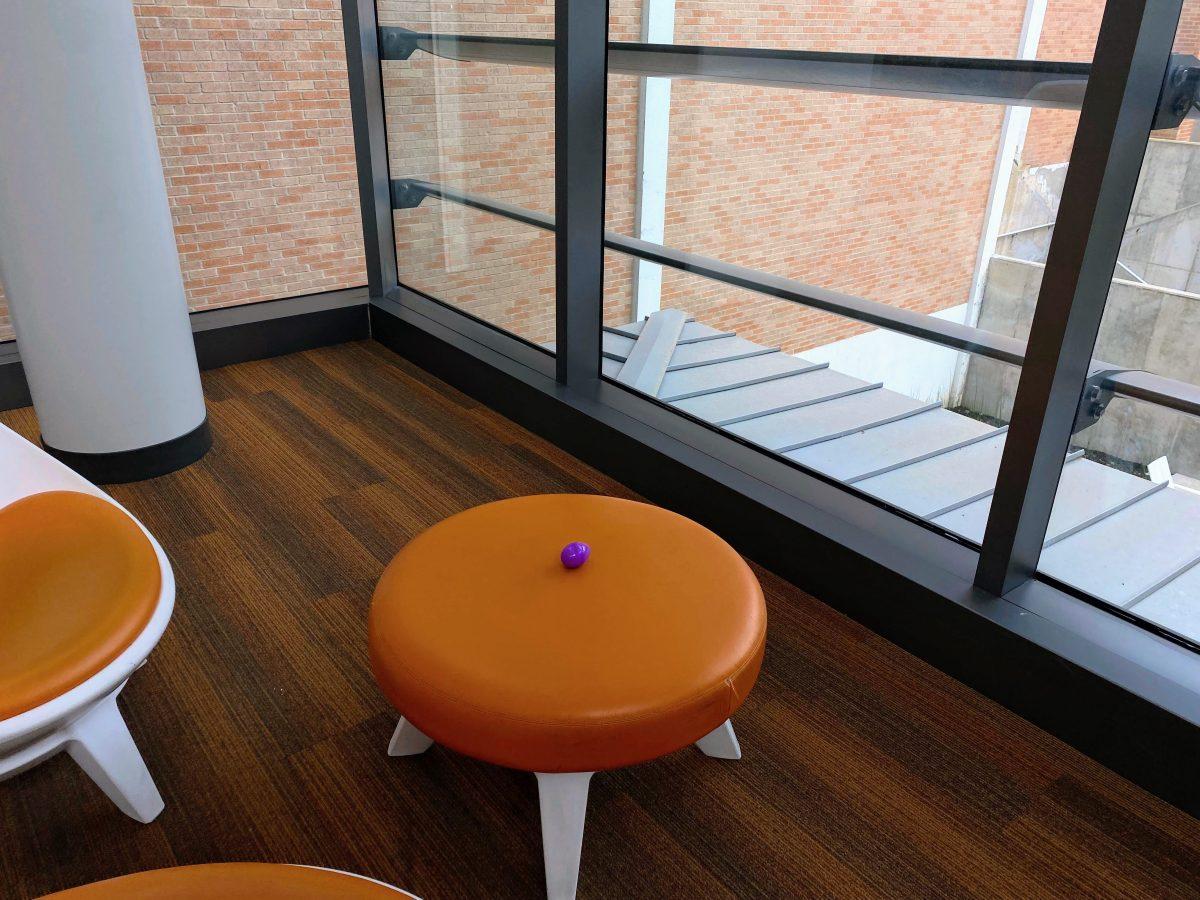The Student Government Association commenced Suicide Awareness Month recently with a seminar in the Lowman Student Center Theater. Students listened to Director of the Counseling Center Dr. Drew Miller’s tips and insight on the topic of suicide awareness and prevention.
“As a community, we need to be dialed in to help,” Miller said.
He explained that although suicide was the eighth leading cause of death nationally, it ranked number two in individuals 18-24; this falls within the average age bracket at Sam Houston State University. According to Miller, this was a statistic that concerned mental health care professionals.
There are many reasons why an individual of this age is at an elevated risk of committing suicide. It could be a toxic home environment, abuse and even stress. Because it is difficult to pinpoint a cause, Miller urged students to look out for one another. Depression and/or suicidal thoughts look different in everyone. According to the American Foundation for Suicide Prevention, one person dies by suicide every three hours in the state of Texas.
Even though it may seem impossible to know when someone you are close to is having suicidal thoughts, there are red flags you can look out for. According to the National Institute of Mental Health, some red flags are loss of interest in hobbies, appetite or weight changes and decreased energy. Other symptoms can include difficulty sleeping, irritability or feelings of guilt and worthlessness.
Miller stressed that suicidal individuals may have come to terms with their plan and feel more at peace with their decision, believing the pain won’t be there for much longer. Because of this, the person is likely to behave differently before they follow through.
Although there is a difference between suicidal thoughts and actions, preventative steps still need to be taken. Students are encouraged to talk to their friends.
“Ask a question,” Miller said. “Are you at risk of killing yourself? Many are afraid to ask this question, but it’s important. It can slow them down or make them rethink their decision. By asking, it makes them less likely to act. The idea most likely has been there a while so you can also ask them, ‘Have you thought of a plan?’ If yes, ask them to tell you about it.”
The Counseling Center encourages students to utilize the on-call counselors if they ever need assistance. Students living in dorms can find the after-hours number for your resident advisor (R.A.) on the back of your door. All R.A.’s and UPD have the number for whichever on-call counselor is working that night.
The National Institute of Mental Health also lists relevant tips and resources both for those struggling with depression and those with a loved one who is depressed. To get help, contact your doctor and formulate a treatment plan, whatever that doctor may recommend or prescribe, and stick to that regiment. The National Suicide Prevention Lifeline is 1-800-273-8255.
Tri-County Behavioral Healthcare in Conroe also has an emergency line and many other resources. Their 24/7 crisis line can be contacted at 1-800-659-6994, and their website lists many more options for help (tcmhmrs.org).












